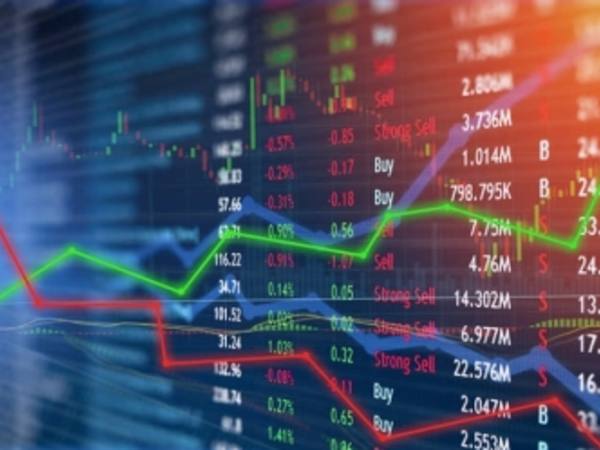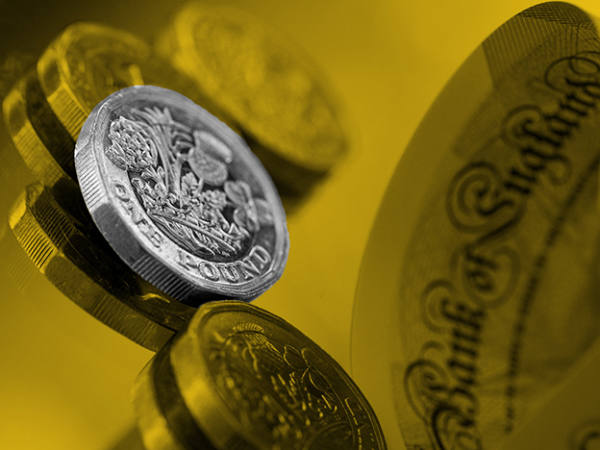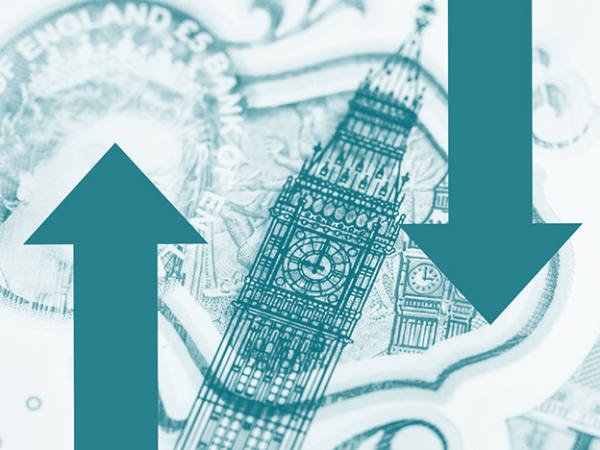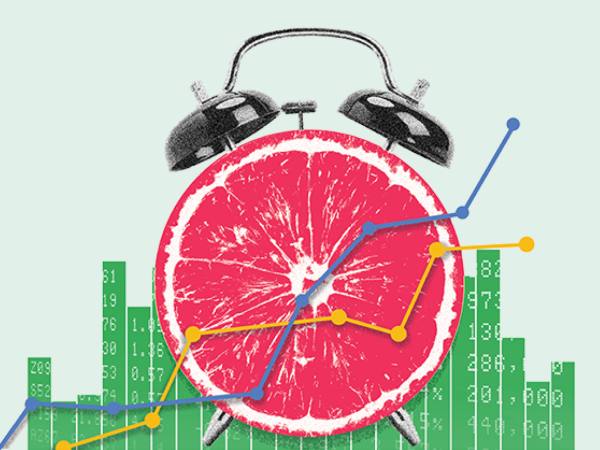Put simply, 'impact' is the measure of an action’s benefit to people and to the planet – it does not just limit harm, but it actively creates forces for good. This is the foundation of Sir Ronald Cohen’s thesis in his new book Impact: Reshaping Capitalism to Drive Real Change.
Social impact is connected to the improved wellbeing of individuals and communities, and their ability to lead healthy and productive lives. Sir Ronald argues that it represents genuine social progress – achieved through means such as education, feeding the hungry and creating employment. Environmental impact is the result of business activity and investment on the planet.
It might be hard to envision how monitoring these effects can be translated into returns for investors, but Sir Ronald provides plenty of evidence. In the first chapter, he leads the reader through the development of the Peterborough Social Investment Bond which aimed to provide the funding to help reduce reoffending among short-sentenced offenders leaving Peterborough prison. In 2010 – when the bond was launched – as many as 60 per cent of young prisoners were sent back to prison within a year and a half of their release, globally.
Cohen, with his two colleagues Toby Eccles and Emily Bolton, raised millions of pounds from investors to fund charitable organisations, under an umbrella organisation designed to respond to the complex needs of offenders to help them break the cycle of reoffending. The Ministry of Justice then paid investors back according to the increase in the number of prisoners who did not return to jail.
This was the birth of the ‘social impact bond’ as an investment instrument. The bond was not a bond in the traditional sense – instead Sir Ronald describes it as ‘an outcome-based contract’. If results do not meet the targets set, the investors lose their money – having effectively made a charitable donation. On the other hand, if the targets are met, the investor receives their money back, with a return that rises with the extent of the success of the outcomes achieved.
In the case of the Peterborough SIB, the bond achieved a 9.7 per cent reduction in the number of convictions, and paid investors 3.1 per cent a year.
The SIB demonstrated that private investors could be motivated to tackle persistent social issues. But Sir Ronald’s theory goes one step further and argues that impact investing can act as "the invisible heart in all areas of capitalism". No doubt this sentiment will draw criticism: some will question whether products of capitalism can truly help society.
But the book takes the reader through examples of impact entrepreneurship, where founders have created companies that help people, as well as generating financial returns. Take Keller Rinaudo, a Rwandan robotics entrepreneur, who created Zipline – a company that delivers essential medical products via drone. Mr Rinaudo claims that Zipline has saved time and lives, as well as money for the Rwandan government and that the drones could serve the majority of the national population with just two distribution centres.
From entrepreneurship to the retail investor is a bit of a leap – but looking ahead Sir Ronald advocates that the impact of all companies should be measured in a way that is easily understood by everyone. The Impact-Weighted Accounts Initiative (IWAI) aims to integrate the impact of a company into its regular financial accounts. Eventually, the initiative hopes to engender a framework through which the impact created by a company directly affects its value.
The initiative, developed at Harvard Business School, aims to apply impact coefficients to the profit and loss statement of a company – leading to an impact-weighted profit line. This would give a picture of a company’s impact on the environment, its employees and its consumers. The initiative hopes, eventually, for the establishment of ‘generally accepted impact principles’ (GAIP) to sit alongside the ‘generally accepted accounting principles’ (GAAP).
By monetising this impact, investors will be able to make clear comparisons between companies. Take for example The Coca-Cola Company (US:KO) and PepsiCo (US:PEP). Sir Ronald explains that although the companies are peers and have been natural competitors for decades, they have widely varying environmental footprints. In 2018, PepsiCo’s sales were twice Coca-Cola’s – but PepsiCo’s estimated annual environmental cost was $1.8bn, far behind Coca Cola’s $3.7bn.
Sir Ronald theorises that companies that do not deliver both strong financial performance and equally impressive impact, will eventually be taken over by new competitors. By laying bare the impact of companies in their accounts, he envisions that businesses will move to make their effect on the world better: improve employment conditions, reduce environmental harm, even develop products that are better value for money.
Listen to the Investors Chronicle's recent interview with Sir Ronald Cohen in the link below











